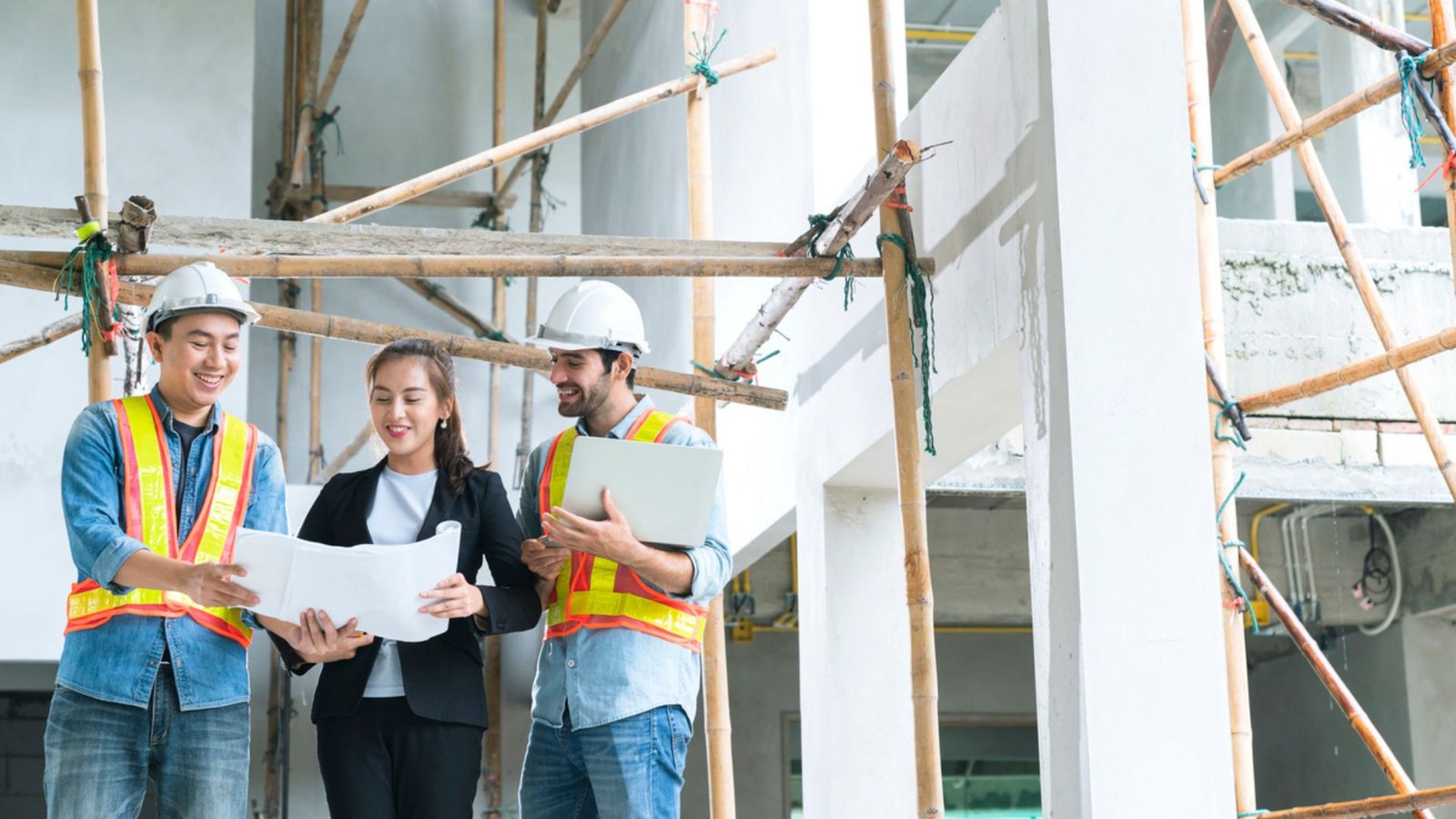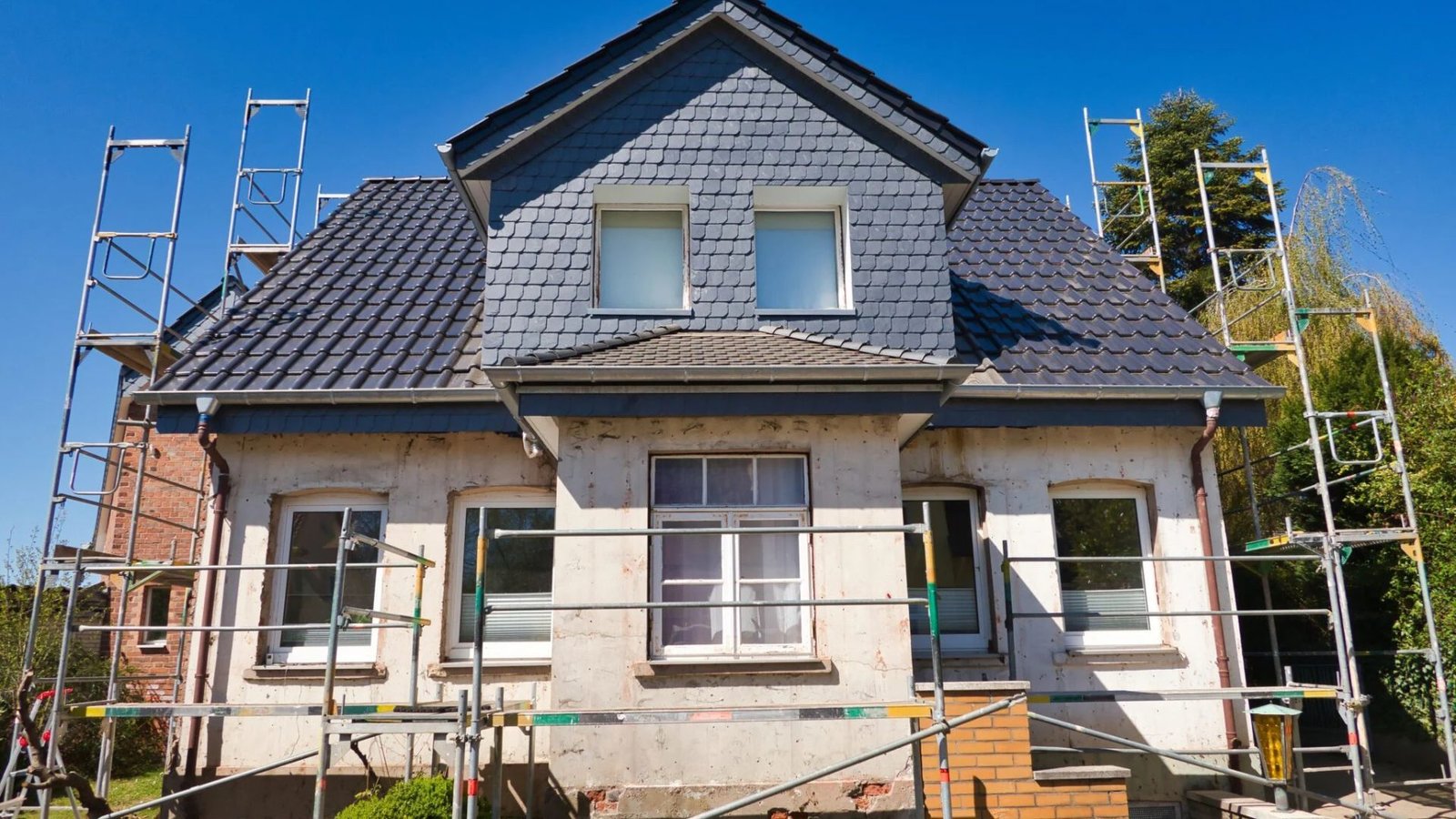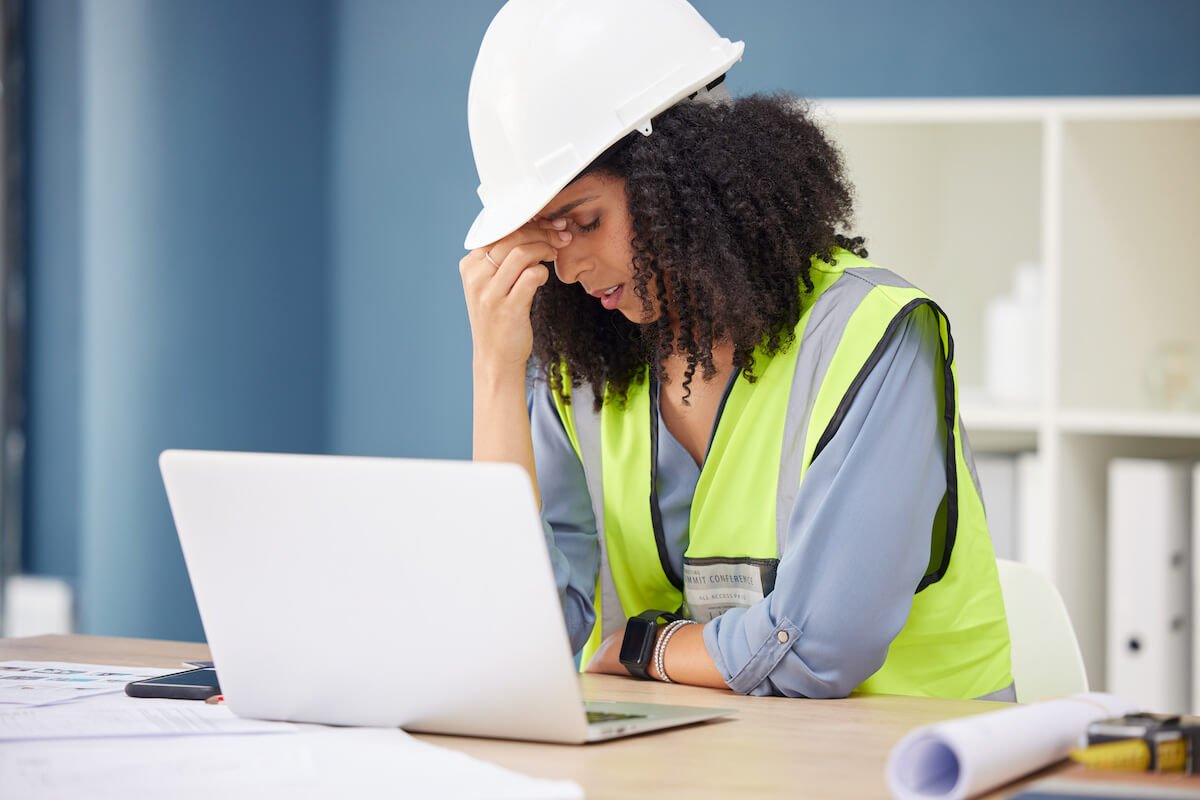Building a new property is a significant investment that requires careful planning and execution. Whether it’s a residential house or a commercial building, the construction process involves numerous steps, each of which can impact the quality, safety, and compliance of the project. That’s why regular monitoring during new construction is so important. Monitoring helps ensure that the project is progressing smoothly, within budget and adheres to all regulations. In this article, we’ll explore the key reasons why regular monitoring is essential for any construction project.

What Is Construction Monitoring?
Construction monitoring refers to the process of overseeing a construction project to ensure that it meets all quality, safety, and regulatory standards. This can include regular site inspections, checking that construction methods are being followed, ensuring compliance with building codes, and making sure that materials and workmanship meet the required standards.
Construction monitoring can be performed by a project manager, the builder, or third-party inspectors. It is an ongoing process that starts before construction begins and continues throughout the entire project until completion.
Why Regular Monitoring Is Crucial During New Construction
Regular monitoring is an essential part of every successful construction project. Here are the main reasons why it is so important:
1. Ensures Compliance with Building Codes and Regulations
One of the most significant reasons for regular monitoring is to ensure that the project complies with local building codes and regulations. Different regions have different codes that must be followed to guarantee the safety and structural integrity of the building. If construction doesn’t adhere to these standards, it could result in fines, delays, or even the need to tear down and rebuild parts of the structure.
By regularly monitoring the construction process, you can make sure that everything from the foundation to the electrical wiring is done according to code. This helps to avoid costly mistakes and ensures that the building is legally safe for occupancy.
2. Guarantees Quality and Safety Standards
Regular monitoring helps maintain the quality of materials and workmanship throughout the construction process. Construction is a detailed process where small errors can lead to bigger problems down the line. For example, poor foundation work or improper framing can cause structural issues that may not be apparent immediately but could become costly to fix later.
When construction is monitored consistently, any issues with materials or techniques can be detected early and corrected before they affect the overall quality of the building. Regular monitoring also helps ensure that safety standards are met. This includes making sure that the worksite is safe for workers and that all required safety measures, such as protective gear and scaffolding, are in place.
3. Prevents Delays and Cost Overruns
Delays and cost overruns are common problems in construction projects. Without regular monitoring, issues may go unnoticed, which can lead to delays in the project timeline and increases in costs. For instance, if the wrong materials are used or if workers are not following the proper methods, it can result in rework, which adds time and money to the project.
By monitoring the construction process on a regular basis, you can identify potential problems early, allowing for faster resolution and preventing issues from escalating into larger problems. This helps keep the project on track, reducing the risk of delays and unexpected costs.
4. Identifies Potential Issues Early
One of the most significant benefits of regular monitoring is that it allows you to catch potential issues early on. Construction projects often involve complex systems and intricate details. A small issue, such as a mistake in the blueprint or a misalignment in the structure, can cause bigger problems later in the construction process.
For example, if plumbing or electrical work is done incorrectly, it may not be obvious until the walls are closed up, making repairs more difficult and expensive. Regular monitoring ensures that each step of the project is checked for accuracy and quality, reducing the chances of these hidden problems.
5. Ensures Proper Resource Management
Regular monitoring helps manage the resources used during construction, including labour, materials, and equipment. By keeping track of how resources are being utilized, you can avoid waste and ensure that materials are used efficiently. This also helps keep labour costs under control by ensuring that workers are staying on schedule and using their time effectively.
When construction progress is regularly monitored, project managers can identify resource shortages or surpluses and adjust accordingly. This helps keep the project within budget and prevents unnecessary costs related to resource mismanagement.
6. Enhances Communication Between Stakeholders
In any construction project, there are numerous stakeholders involved, including the builder, contractors, project manager, and property owner. Regular monitoring creates a system of communication among these parties, ensuring that everyone is on the same page and informed about the project’s progress.
When monitoring is done regularly, any changes in the schedule, budget, or scope of work can be communicated immediately, allowing for quick decisions and adjustments. This keeps the project moving forward without miscommunication or misunderstandings that could cause delays or issues later.
7. Protects the Investment
A new construction project is a significant financial investment, and ensuring its success is crucial for both the builder and the property owner. Regular monitoring protects this investment by ensuring that the project meets all expectations and is completed to a high standard.
When the construction is monitored consistently, the risks of costly mistakes, delays, and rework are minimized. The project is more likely to be completed on time, within budget, and without compromising quality, giving the owner peace of mind and a return on their investment.
How to Implement Regular Monitoring During New Construction
To ensure regular monitoring is effective, there are several steps you can take:
1. Hire a Qualified Project Manager
A qualified project manager is essential for overseeing the construction process and ensuring that everything runs smoothly. The project manager will be responsible for monitoring the work on a daily basis, scheduling inspections, and coordinating communication between all stakeholders.
2. Schedule Regular Inspections
Regular inspections should be scheduled throughout the construction process, including at key milestones such as after the foundation is poured, after framing is completed, and before drywall is installed. These inspections help catch issues early and ensure that the work is progressing according to plan.
3. Use Third-Party Inspectors
Sometimes, it’s helpful to hire third-party inspectors to conduct independent checks on the work. Third-party inspectors bring an unbiased perspective and can spot issues that might be overlooked by those directly involved in the project.
4. Keep Detailed Records
It’s important to keep detailed records of all inspections, meetings, and progress updates. This documentation helps track the project’s progress and can be useful if any disputes or issues arise later.
5. Maintain Open Communication
Ensure that communication channels are open between the project manager, contractors, and the property owner. Regular updates and clear communication are key to ensuring that everyone is informed about the project’s status and any changes that may occur.
Conclusion
Regular monitoring during new construction is essential for ensuring that the project stays on track, meets quality standards, and complies with all regulations. It helps identify potential problems early, reduces the risk of delays and cost overruns, and ensures that the building is safe, reliable, and built to last. Whether you’re a builder, contractor, or property owner, regular monitoring should be a priority throughout the construction process to protect your investment and ensure a successful project outcome.




